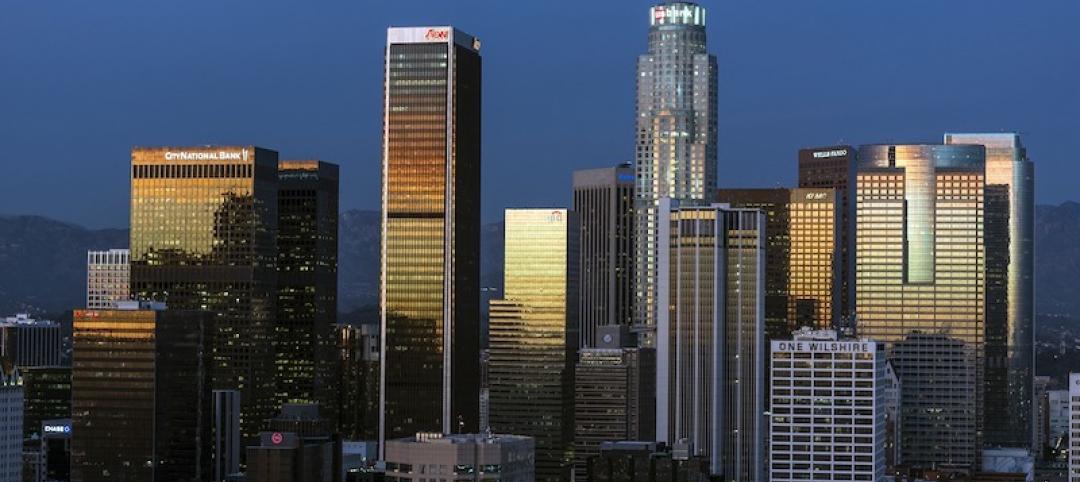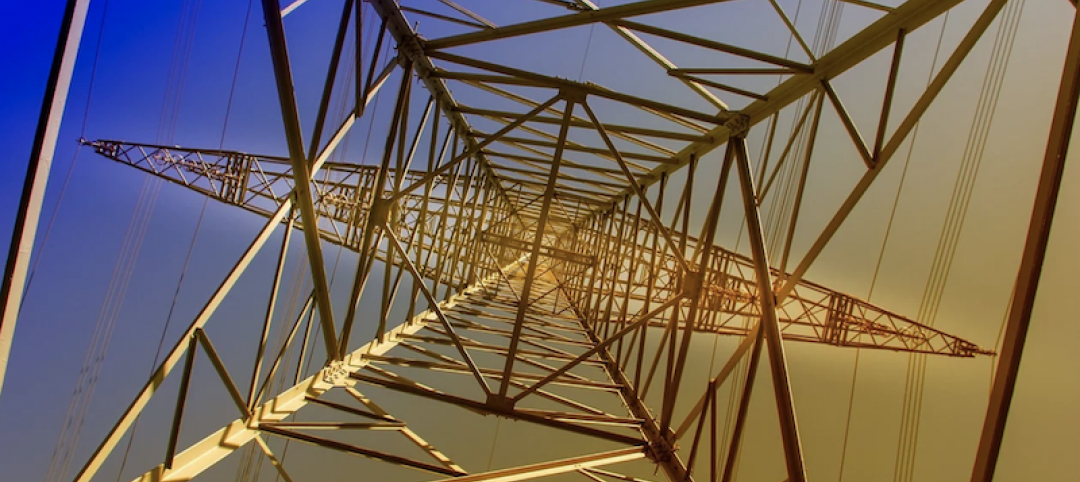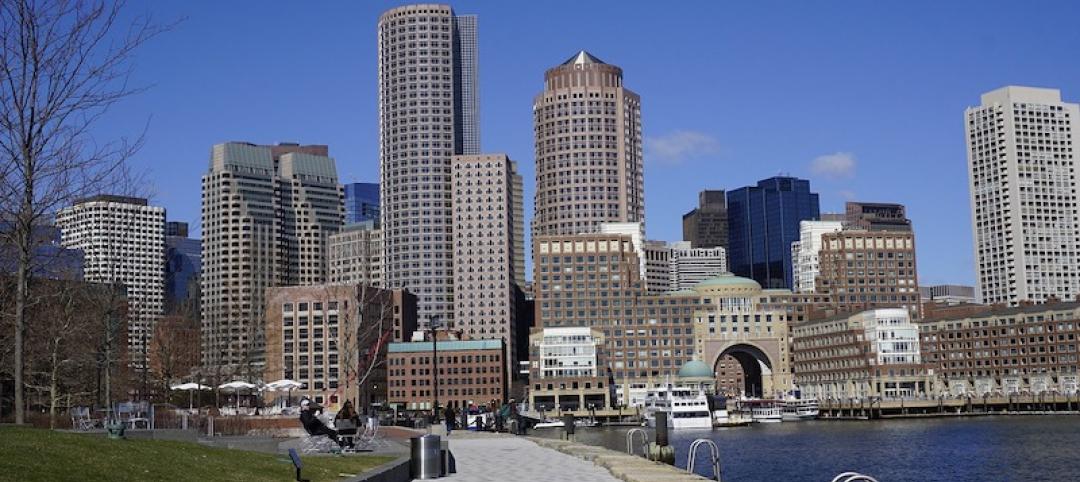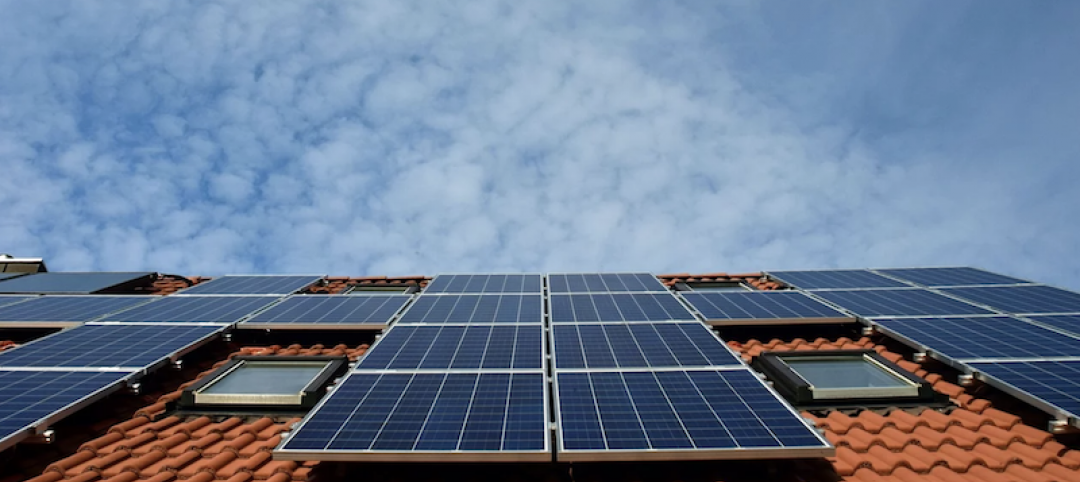In order to keep the global temperature from rising above pre-industrial levels by 2°C, all the world’s buildings must reach net zero carbon by 2050, according to a report by the World Green Building Council.
Keeping the global temperature increase below 2°C would avert the most serious consequences of climate change, scientists believe, and that goal is in line with the Paris Agreement on climate change. All new buildings must operate at net zero carbon by 2030, and all existing buildings must be renovated to operate at net zero carbon by 2050, the report says.
The building and construction sector is responsible for around 30% of global energy consumption and associated greenhouse gas (GHG) emissions. The WGBC estimates that only 500 net zero commercial buildings and several thousand net zero residential units currently exist in the world.
Thus, there is a need for several billion net zero buildings worldwide, the report says. The report also finds that net zero buildings can create jobs, improve energy security, and lower energy costs.
Related Stories
Codes and Standards | Jan 15, 2020
Trump Administration blocks new light bulb efficiency standards
Move defies bipartisan 2007 law.
Codes and Standards | Jan 14, 2020
L.A.’s expedited permitting process credited with faster approvals on $1 billion project
Parallel Design-Permitting Process includes flagging elements for correction during conceptual design.
Codes and Standards | Jan 13, 2020
Kansas City is first in nation to offer free public transportation
Aim is to increase mobility to spur more economic activity.
Codes and Standards | Jan 9, 2020
Dept. of Defense will require beefed up cybersecurity standards in January
All contractors will have to demonstrate secure practices.
Codes and Standards | Jan 8, 2020
2019 Oregon Zero Energy Ready commercial code will boost efficiency by 14%
ASHRAE 90.1 is the basis for new code that went into effect Oct. 1.
Codes and Standards | Jan 8, 2020
Energy efficiency initiatives have significantly cut energy consumption per square foot
Lighting and space heating fell by more than 600 trillion Btu from 2003 to 2012.
Building Technology | Jan 7, 2020
Tariff whiplash for bifacial solar modules
Bifacial solar systems offer many advantages over traditional systems.
Codes and Standards | Jan 7, 2020
New certification program for rigid core luxury vinyl tile
ASSURE CERTIFIED to establish industry-wide quality standards.
Codes and Standards | Jan 7, 2020
Boston’s beefed up wetlands ordinance will limit development
Conservation commission must consider future climate impacts when assessing new projects.
Codes and Standards | Jan 6, 2020
States pick up the slack in efficiency policy as federal government lags
With climate change deniers setting policy in Trump Administration, progress continues in statehouses.

















